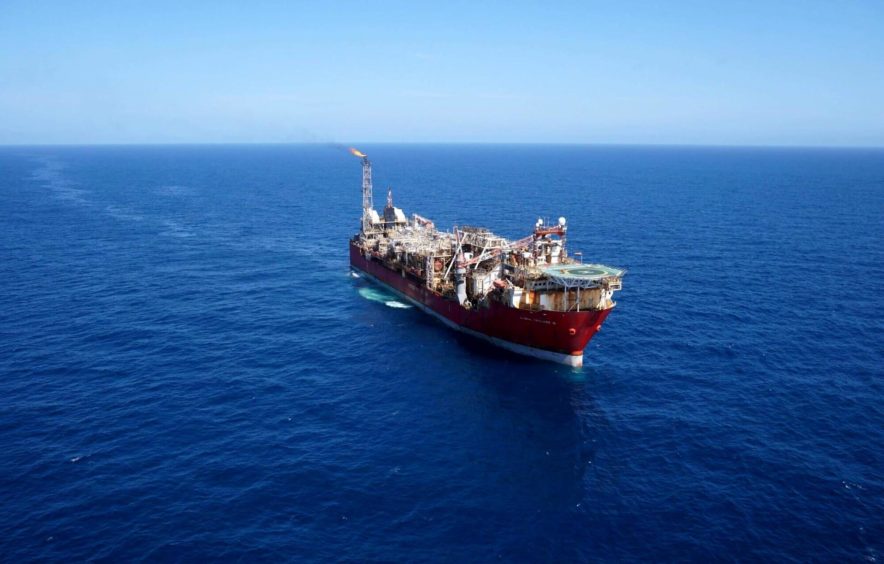 © Supplied by Sword
© Supplied by Sword Asset transfers can be complex from an information and technology perspective but can be the springboard for innovation, as well as delivering the expected productivity. The critical path is for the transfer of services agreement, safety case, readiness and transition of operations. This article highlights the types of transfer, the issues we face and Sword’s tried and tested approach to dealing with them.
The divestor may not have detailed plans of what to transfer or how to do it and the acquiring organisation may have limited experience of transfers. The team at each end may be undertaking this work on top of their current jobs, with timescales that are often outside of their control. This creates demands that are stressful for key personnel and impacts their ability to quickly make critical decisions.
The impact on contracts and procurement is often underestimated. Limited time for tenders and approvals for expenditure, as well as a lack of expertise in the contract scope and novation, all need an appropriate strategy. Sword helps drive that efficiently as we coordinate a range of vendors, use specific templates from our procurement catalogue, understand the technical scopes, and can validate pricing. We understand the importance of the early identification of contracts that cannot transfer, or custom and out of date systems that will need replacing. Watch out for surprisingly long-lead time items such as radio licenses, network circuits, software customisation and offshore deployment.
A changing landscape
The UKCS landscape is evolving. Supermajors are changing their portfolios and mid-tier organisations seek opportunities, but the most dynamic area is new entrants. Rising prices are increasing investor appetite, but this is likely to be balanced by the energy transition and ESG pressures.
The approaches to an asset transfer take account of the practical differences in systems maturity and capability between companies of varying scale. The challenges faced reflect the different types of transfer; from a non-operated asset, unmanned platform or subsea production system, to a major platform or FPSO. The timescales, and corresponding project and capex costs, can range from one or two months at one end of the scale to six months or a year at the other.
Phased approach
The primary objective is to always hit the transfer deadline. That creates the mindset of “move everything over ‘as is’, start using it, and then worry about the details later”. Transfer projects can involve dozens of systems and huge amounts of information, paper, tapes, samples and other data. There is a clear need to maintain the chain of custody to govern how information changes hands. Not all systems are appropriate for Cloud technology, and that certainly won’t help with physical archives and samples. On-site systems take longer to deploy and private datacentres can have short-term capacity limitations.
Don’t try and implement radical innovations unless you have proven methods and funding already in place. Post-transfer project fatigue can set in, creating a risk that the performance the new owner seeks will not be realised. Leadership and investors will expect increased performance so plan for it. Make sure corporate information, engineering and subsurface are all taken care of. This ensures you can apply your people and financial resources to make future modifications to your production assets and make the most of your reserves. Sword’s approach consists of three separate phases:
• Transfer – Plan, execute, and complete the transfer;
• Improve – Make logical and incremental improvements post-transfer;
• Innovate – Introduce smarter (often digital) ways of working to create greater efficiency and increased insight.
Closing thoughts
• Asset transitions are complex for both the selling and acquiring companies. We recommend developing a plan that recognises where the time delays can and will occur.
• It’s not all about IT – that doesn’t help much if there is too little understanding of information such as safety critical engineering documentation or subsurface data.
• A large change needs strong governance to avoid negative operational consequences. Sword will help you move smoothly from transfer to on-going operational support, coordinating all parties in your vendor landscape.
• Plan and budget for the improvement and innovation phases to maximise the value of your new assets.
• Having a single partner through the divestment and acquisition stages for both information transfer and related IT work is an efficiency advantage.
Sword has successfully completed many asset transfers and related services on behalf of a range of UKCS companies including Neo Energy and Serica Energy alongside the best-known operators in the industry.
Contact Neale Stidolph (Sword Energy Sector, information management lead), neale.stidolph@sword-group.com
